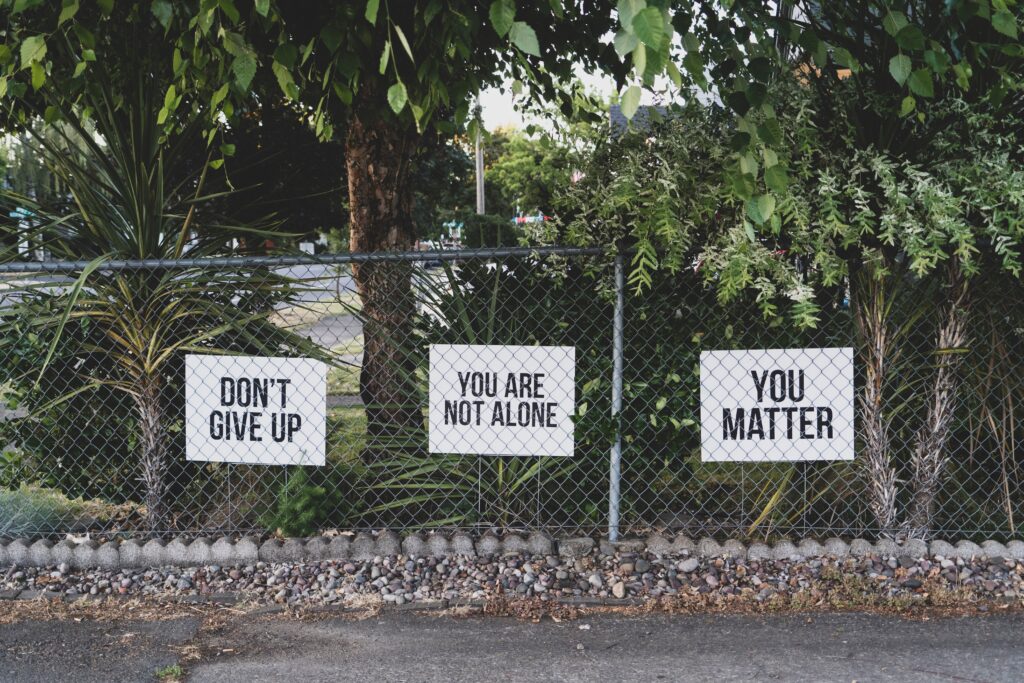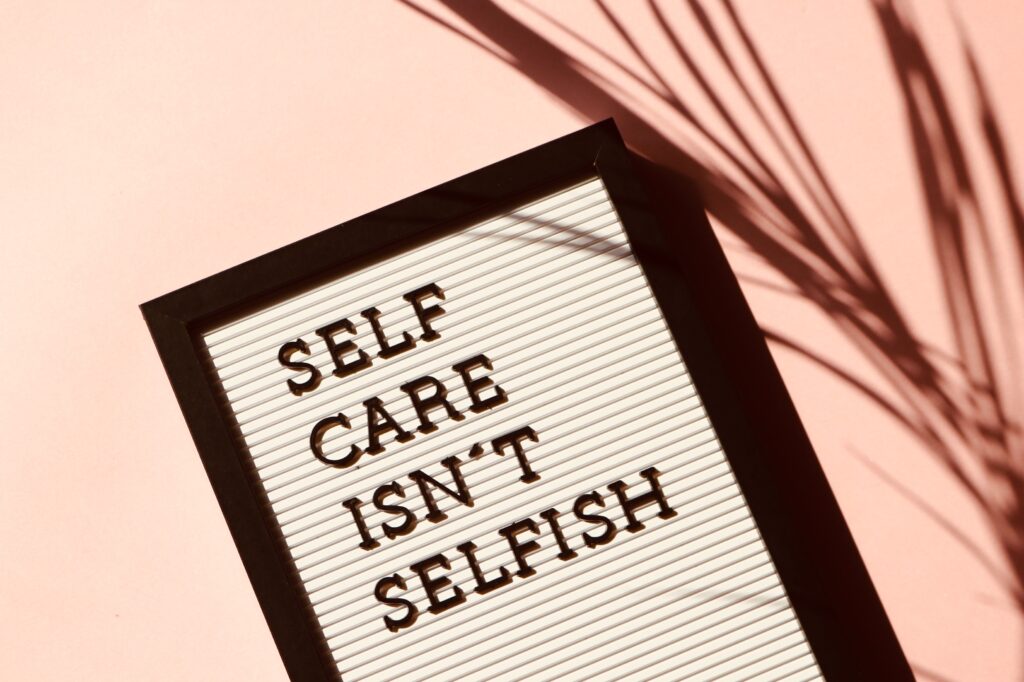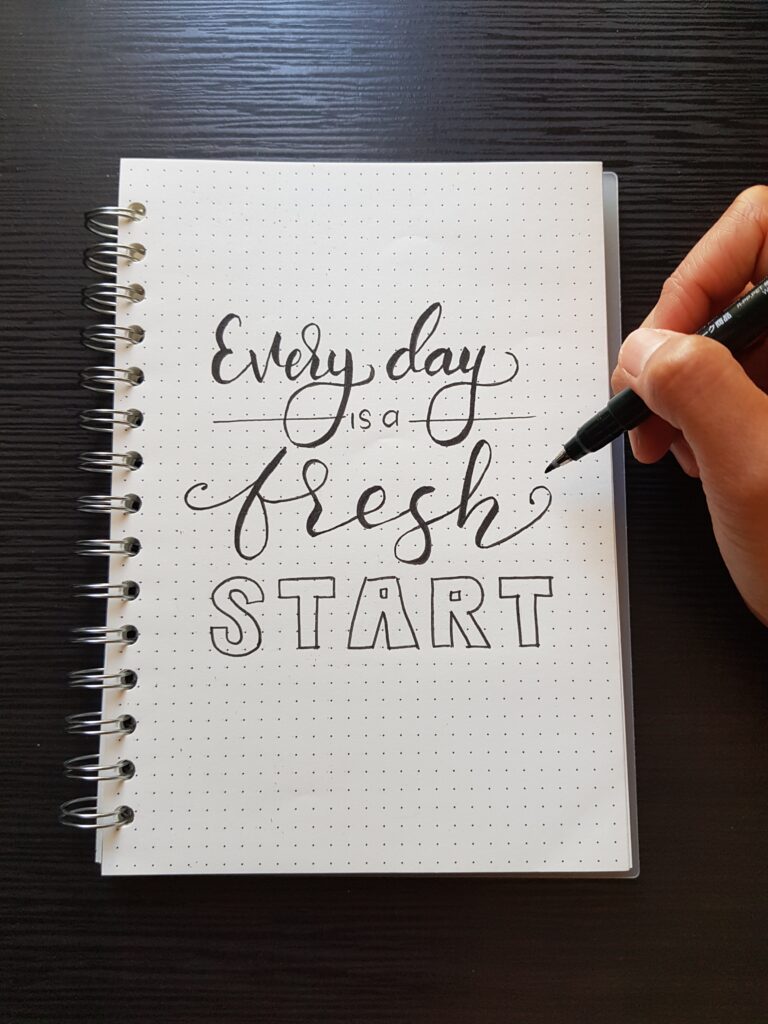Simple Ways to Start Improving your Mental Health

Hey Psych2Goers! Have you noticed recently that you want to take concrete steps to start improving your mental health? If so, that’s wonderful, we’re proud of you! Identifying that your mental health needs help and having the willingness to put in the work to do so is already a big step. But perhaps it seems overwhelming where and how to start. There are a few simple steps you can start taking in your everyday life to get your journey of positive mental health started. Even though these steps are simple, they may not be easy, and they’ll be ups and downs along the way. Improving your mental health is a continuous journey of growth that will last the rest of your life, and the most important component of that is to remain balanced and keep going.
Disclaimer: The information in this article is not intended nor implied to be a substitute for professional medical advice, diagnosis, or treatment. All content, including text, graphics, images, and information, contained in this article is for general information purposes only and does not replace a consultation with your own doctor/health professional.
With that in mind, below we’ll discuss a few simple ways to start improving your mental health.
1. Find and spend time with people who love and support you
Being stuck in a toxic friendship or relationship can quickly and easily lead to worsening mental health. Whilst not being overly cautious, it is important to watch for red flags of an unhealthy or toxic relationship. Sometimes, however, you only notice after you’ve already built a close relationship with the person. In some cases, reconciliation and compromise may be possible, but it’s important to know when enough is enough and you have to find a new approach to your relationship, which may mean distancing yourself or cutting ties completely.
Find people who accept and love you for who you are, people who help you grow in positive ways, people who you trust and feel happy and comfortable with. Strong, healthy relationships require work, time, patience, and trust, but in the end, no matter your differences or disagreements, you’ll know that you’re there for each other. Having these relationships with friends, family, and significant others is especially important for when times get rough and you need a listening ear or a shoulder to cry on. Remember to spend quality time with your loved ones, care for them, and reach out if you need help.

2. Articulate and express your feelings
Humans are complex beings, to say the least, especially in our capacity to experience emotions. Oftentimes, articulating and expressing your feelings in tangible ways leads to a better understanding of the emotions themselves and identifying how to deal with them. Talking to others, journaling, art, and music are a few examples of healthy ways to express your feelings.
Trying to hold in your emotions for too long will result in them spilling out in unhealthy ways or at inappropriate times. Instead, allowing yourself to experience those emotions at the right time and reaching out for help will lead to personal growth as you learn to live as your most authentic self, including the parts you may dislike or fear.

3. Do something you enjoy
It’s easy to get lost in an endless cycle of work, and even when you do enjoy your work, it can be exhausting. Find low-stress, healthy activities which you enjoy. This can go hand-in-hand with taking care of your bodily health if you enjoy a sport, or exercising your brain if you enjoy learning a new skill such as an instrument or language.
Research shows that learning new skills can also improve your mental wellbeing by boosting self-confidence and raising self-esteem, helping you to build a sense of purpose, and helping you to connect with others.”
United Kingdom National Health ServiceWhether you do it in a group or by yourself, setting aside time for activities you enjoy can help alleviate stress and anxiety. For example, having fun helps you smile and laugh, which releases “happy hormones” such as dopamine, serotonin, oxytocin, and/or endorphins, which in turn can boost feelings of satisfaction and motivation.

4. Take care of your physical health
Physical and mental health go hand in hand. When your physical health improves, your mental health will improve, and vice versa. Aim to eat healthily, exercise regularly and get plenty of sleep (for most adults this is 7 to 9 hours a night). Please talk with a doctor or other medical professional for periodic check-ups and if you have any questions or concerns.
Exercise is also important for your brain, which can be done through creative expression or learning new skills. Finding a type of exercise, for your brain or body, doesn’t have to be expensive or time-consuming. Following a 20-minute yoga video along at home every day or going for a mile run or bike ride could be viable options for physical exercise. Reading books, filling in crossword puzzles, or taking a course on a certain subject or skill can help train your brain.

5. Take breaks
However, though taking care of your physical health and doing activities you enjoy are both important, sometimes the best thing to do for yourself is to take a complete break. Even sitting, doing nothing for 5 minutes, can allow your body to relax and your mind to unwind. This helps release any hidden tension in your shoulders or relax your eyes if you’ve been sitting at the computer all day long. Allowing any extra thoughts you’ve been having to run their course and disperse can also alleviate any mental tension you may be holding in.
You can bring awareness to the present moment through the simple meditation of closing your eyes and focusing on taking slow, deep breaths. The U.S. National Library of Medicine suggests relaxation techniques, “practices you do to produce your body’s natural relaxation response. This slows down your breathing, lowers your blood pressure, and reduces muscle tension and stress.”

6. Reframe into a positive mindset
You’ve probably heard the phrase “stay positive” before. Yet sometimes, life is so rough that it seems impossible to maintain a positive mindset, and that’s ok. Even the most optimistic of people aren’t happy all the time. “Negative” emotions such as frustration, sadness, anger, guilt, or jealousy aren’t necessarily bad. In fact, these emotions are natural, usually healthy, responses to stressful situations, similar to how your body develops fever to regulate your temperature when you’re sick
Staying positive means understanding that nothing, good or bad, lasts forever, so you can appreciate the positive moments when you do have them and finding a balance between positive and negative emotions in other situations. Also, it’s important to know your strengths and weaknesses so you can aim for positive personal growth. For example, if you don’t do as well as you hoped at something, instead of thinking “I’m bad at this and will never get better”, try to reframe it as “I’m better than this and will use this as an opportunity to learn and do better next time.”

If you find yourself falling back into a cycle of bad habits and negativity, that’s okay, take the next day as a new opportunity to try again. If you find yourself continuously getting into a pattern of behavior that is detrimental to your mental health and you’re not sure how to get out of it, we recommend reaching out to a mental health professional. Thank you for reading, we hope you found these tips and strategies helpful!
Resources:
How to look after your mental health. (2021, June 4). Mental Health Foundation. Retrieved October 15, 2021, from https://www.mentalhealth.org.uk/publications/how-to-mental-
Ten things you can do for your mental health. (n.d.). University of Michigan Student Life Health Service. Retrieved October 15, 2021, from https://uhs.umich.edu/tenthings
Medline Plus. (2021, July 10). How to improve mental health. U.S. National Library of Medicine. Retrieved October 15, 2021, from https://medlineplus.gov/howtoimprovementalhealth.html
NHS. (2021, August 4). 5 steps to mental wellbeing. United Kingdom National Health Service. Retrieved October 15, 2021, from https://www.nhs.uk/mental-health/self-help/guides-tools-and-activities/five-steps-to-mental-wellbeing/
31 tips to boost your mental health. (2021). Mental Health America. Retrieved October 15, 2021, from https://www.mhanational.org/31-tips-boost-your-mental-health



Responses